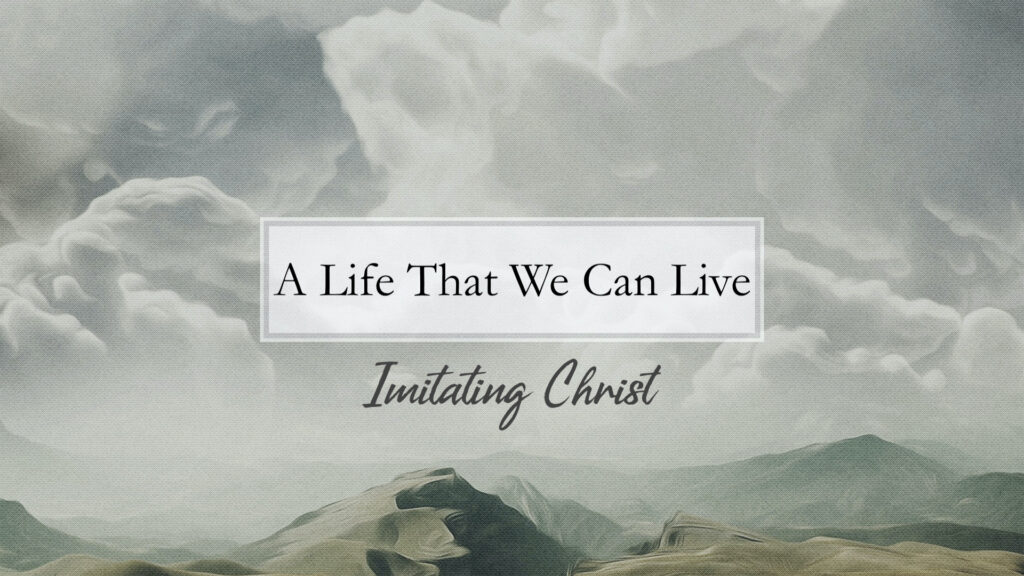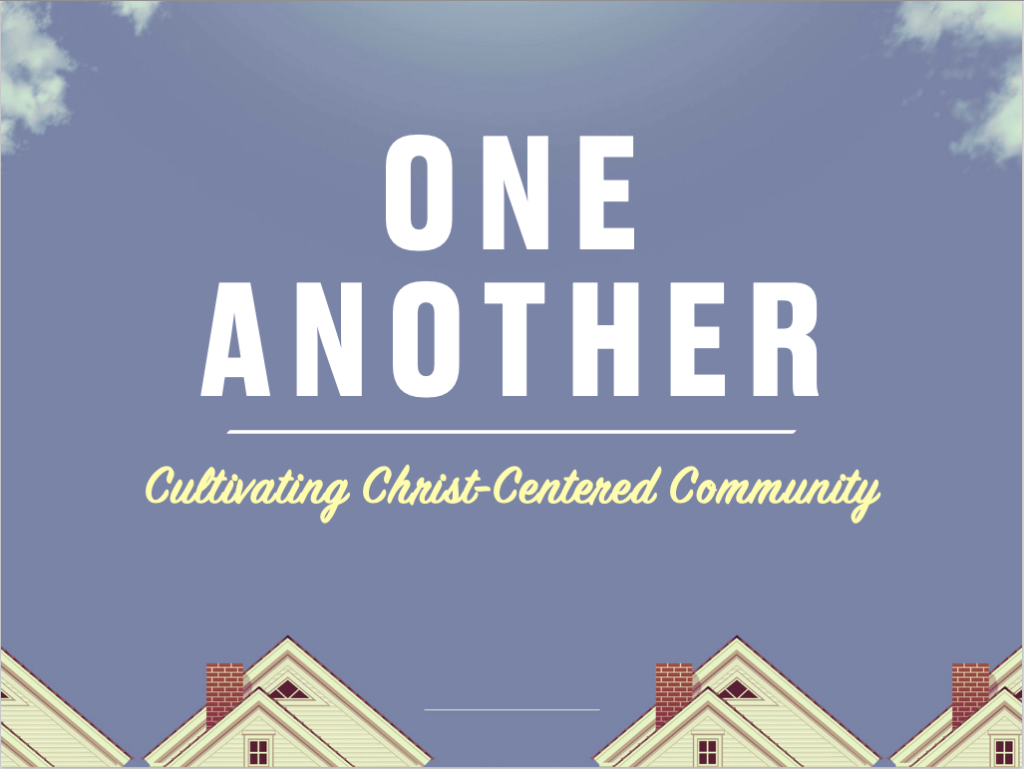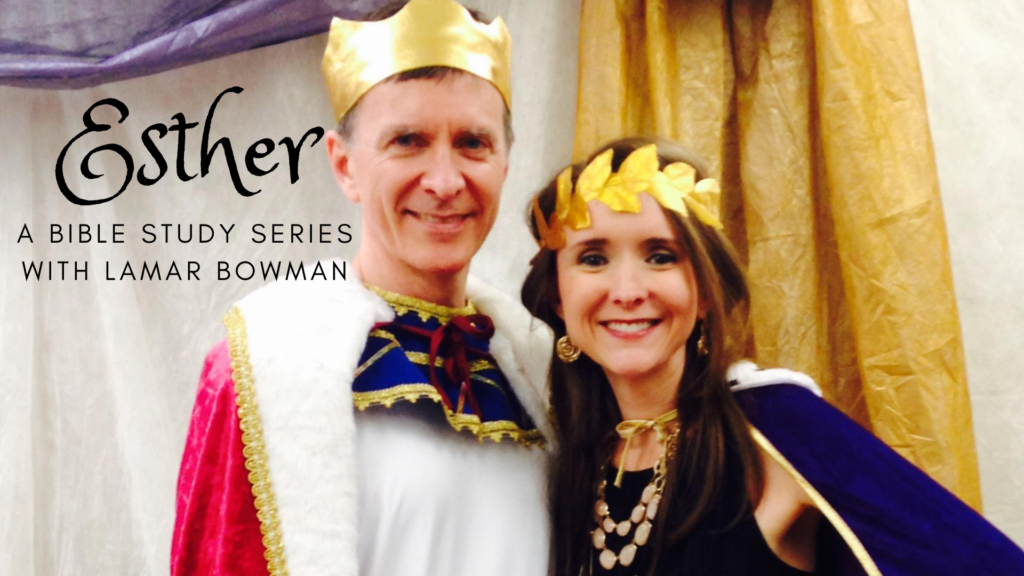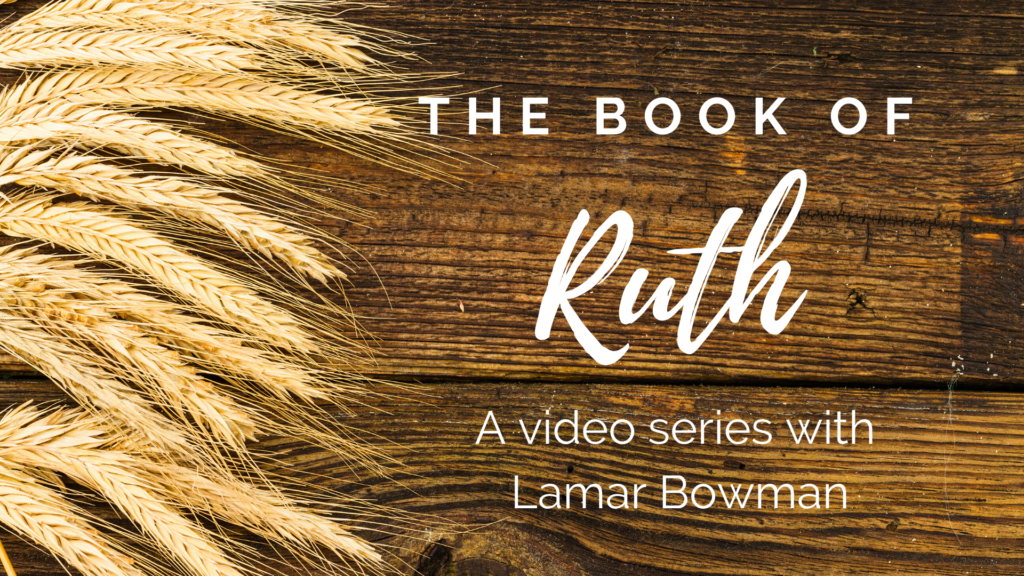
How can we serve you? Do you have a need? Can we pray for you? Click HERE to let us know. All needs will be kept confidential.

“As part of his campaign, Jesus told stories…They were, for the most part, not simply ‘illustrations’ to decorate an abstract thought or complicated teaching. If anything, they were the opposite. Jesus’ stories are designed to tease, to clothe the shocking and revolutionary message about God’s Kingdom in garb that would leave the listeners wondering, trying to think it out. They were stories that eventually caused Israel’s leaders to decode his rich message in such a way as to frame a charge against him, either of blasphemy, sedition, or ‘leading the people astray.’ Whatever the parables are, they are not, as children are sometimes taught in Sunday school, ‘earthly stories with heavenly meaning.’ Rather, they are expressions of Jesus’ shocking announcement that God’s Kingdom was arriving on earth as in heaven.”
– NT Wright, Simply Jesus
There is perhaps no more characteristic feature of Jesus’ teaching than his parables, and no aspect of his teaching is more memorable and influential than these vivid stories. Yet the parables aren’t simply a clever way that Jesus taught moral and ethical truths. They are an expression in the service of his announcement of the kingdom of God. Parables were the means Jesus used most frequently to explain the kingdom of God, to show the character of God, and to illustrate the expectations that God has for humans.
The parables often were prompted by Jesus’ need to explain what he was saying and doing with the rest of his mission. In other words, what Jesus was saying and doing prompted questions, and many of the parables are his response to those questions. Why does this man eat with sinners and tax collectors? Why does he heal on the Sabbath? Why does he spend so much time with undesirable people? The parables are necessary explainers, but they invite us to investigate more. They do that as much as they make anything clear.
Nevertheless, some parables are clear as bells, and, while we may discuss backgrounds in length, they do not need explanation so much as implementation. They in effect say to us, “Stop resisting and do it,” or “Believe it and pursue it,” or “Go and do likewise.” For example, we don’t need much commentary to know the intent of the parable of the Good Samaritan. Despite the numerous studies of this parable, the story at its core compels us to stop resisting and to live its message. Still today, the parables need to be allowed to speak, and they need to be heard. How did Jesus seek to change attitudes and behaviors with this parable? How will it change our own?
Ultimately, the parables of Jesus are stories with intent. And the intent of the teller—Jesus himself—with all the power and creativity of his teaching is the goal of our understanding. These stories invite us into a new view of reality, and they deserve a fresh hearing from people who are ready to learn and follow Jesus’ instruction.

God continues to seek conversation with us, not for conversation’s sake, but for deepening relationships with us. And God enriches these conversations through the questions that God asks us. Have you ever wondered why God would want to ask us questions? In his book Questions God Asks Us, author and minister Trevor Hudson offers several reasons for us to consider:
To begin with, God wants to enter into a conversational relationship with each of us. One way in which God shows this deep desire is by asking questions. They are the same questions that God asked the people of God throughout the Bible. When we start hearing them as addressed to us, we receive a glimpse into those things that God wants to talk about with us. Our answers draw us into a relationship of deeper sharing and intimacy with God…. Second, God gives greater dignity to us by allowing us to wrestle with the questions rather than simply giving us the answers…. And third, a question has greater power to transform us than a straightforward answer, especially when it comes from God who knows exactly what questions to ask.
As we set out on this study, we will explore five questions from the Old Testament and five questions from the New Testament. In the process, we will engage the stories in which these questions are asked, and we will personally explore God’s question in the context of own lives (see the section “Answering God’s Question” at the end of each lesson)>
- Where are you? (Genesis 3:1-13)
- Where is your brother? (Genesis 4:1-9)
- What is that in your hand? (Exodus 4:1-4)
- What is your name? (Genesis 32:22-32)
- What are you doing here? (1 Kings 19)
- What are you looking for? (John 1:19-38)
- Who do you say that I am? (Mark 8:27-29)
- Do you want to get well? (John 5:1-9)
- Why are you crying? (John 20:11-18)
- Do you understand what I have done for you? (John 13)
God wants to have a two-way relationship with us, and as Hudson reminds us, we “cannot have that kind of relationship without listening and speaking…these ten questions provide a starting point for a deep dialogue between God and yourself.” The ultimate goal, moreover, is for us to explore these questions together with others. Hudson writes, “Something really good can happen in our lives when we share our personal experiences of engaging God’s questions with other significant people in our lives.” Questions have the power to transform us much more than answers, and as we begin a new year, I’m excited for us to consider the challenging questions God asks. As we wrestle with these questions in our own life, may we find ourselves in a whole new world of conversational relationship and discipleship with God.

Have you heard we are living in unprecedented times? Well, so was Peter. He was living in a time of strange heresies and false teachings. Sound familiar? In 2 Peter, Peter assures all Christians that our faith in Christ is very well placed, and he urges us to wait well for Christ’s return. Lamar Bowman will lead us in the study of 2 Peter.
This class is now in-person at Brentwood Hills on Sunday mornings. Here is Lesson 1 from Sunday, February 28.

Lesson 1 – A Life That We Can Live
Lesson 2 – A Life That We Can Live
Lesson 3 – A Life That We Can Live
Lesson 4 – A Life That We Can Live
Lesson 5 – A Life That We Can Live
Lesson 6 – A Life That We Can Live
Lesson 7 – A Life That We Can Live
Lesson 8 – A Life That We Can Live
Lesson 9 – A Life That We Can Live
Lesson 10 – A Life That We Can Live

Lesson 1 – One Another
Lesson 1 Video
Lesson 2 – One Another
Lesson 2 Video
Lesson 3 – One Another
Lesson 3 Video
One Another – Lesson 4
Video for Lesson 4
One Another – Lesson 5
Video for Lesson 5
One Another – Lesson 6
Video for Lesson 6
One Another Lesson 7
Video for Lesson 7
One Another Lesson 8
Video for Lesson 8
One Another Lesson 9
Video for Lesson 9
One Another Lesson 10
Video for Lesson 10

And who knows but that you have come to your royal position for such a time as this? -Esther 4:14
Lamar Bowman is teaching a video class on the Book Esther. We invite anyone looking for a personal study or a study to use with your small group to watch and study along.

| And let the peace of Christ rule in your hearts, to which indeed you were called in one body. And be thankful. – Colossians 3:16 Click HERE for Lesson 1 in our Colossians Study. Click HERE for a video message from Josh about Lesson 1. Click HERE for Lesson 2 in our Colossians Study. Click HERE for a video message from Josh about Lesson 2. Click HERE for Lesson 3 in our Colossians Study. Click HERE for a video message from Josh about Lesson 3. Click HERE for Lesson 4 in our Colossians Study. Click HERE for a video message from Josh about Lesson 4. Click HERE for Lesson 5 in our Colossians Study. Click HERE for a video message from Josh about Lesson 5. Click HERE for Lesson 6 in our Colossians Study. Click HERE for a video message from Josh about Lesson 6. Click HERE for Lesson 7 in our Colossians Study. Click HERE for a video message from Josh about Lesson 7. Click HERE for Lesson 8 in our Colossians Study. Click HERE for a video message from Josh about Lesson 8. Click HERE for Lesson 9 in our Colossians Study. Click HERE for a video message from Josh about Lesson 9. The Bible Project video of Colossians is a great introduction to our study. You can find it HERE. The drawing from this is video is included in the lesson and would be a great coloring sheet for kids – and adults! |

Lamar Bowman is teaching a four – part series on the Book of Ruth via video. We invite anyone looking for a personal study or a study to use with your family or small group to watch and study along.
Click HERE for Ruth Lesson 1.
Click HERE for Ruth Lesson 2.
Click HERE for Ruth Lesson 3.
Click HERE for Ruth Lesson 4.

Many of our Brentwood Hills couples have been involved in Grace Marriage. Grace Marriage has created online classes during this time of being safe at home. And they’ve made them available to everyone.
Click HERE to watch Week 1.
Click HERE to watch Week 2.
Click HERE to watch Week 3.
Click HERE to watch Week 4.
Thank you, Andrew Leeper, for curating this beautiful collection of worship songs. Sing and worship anytime with this recording of songs!
Click HERE for Volume 1 of Praise and Worship music.
Volume 2 is available now. Click HERE to listen.
Right Now Media is a streaming video library of Bible studies and faith based videos. There are videos for kids, teens, and adults. Every Brentwood Hills member has access! If you don’t have an account yet, text “RightNow BHCoC” to 41411 or contact Judy.
| Online Giving Thank you to many of you who are using online giving. If you haven’t done this before, click here for a video that walks you through it. You can also mail checks to 5120 Franklin Road, Nashville, TN 37220. Communion Bread Want to make your own communion bread? Joy Brown created a great video showing us how. Click HERE to watch. | ||


